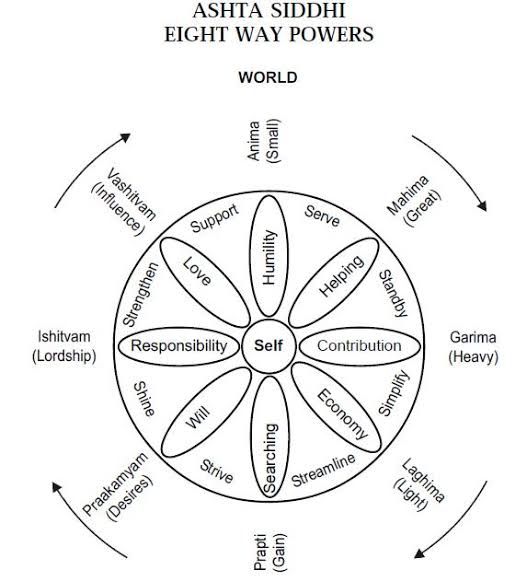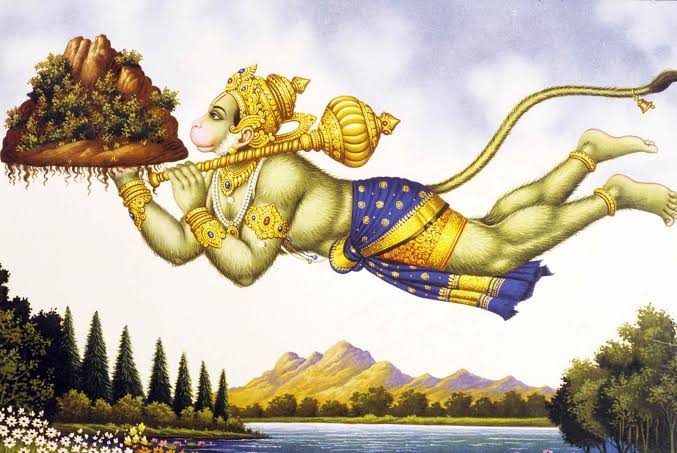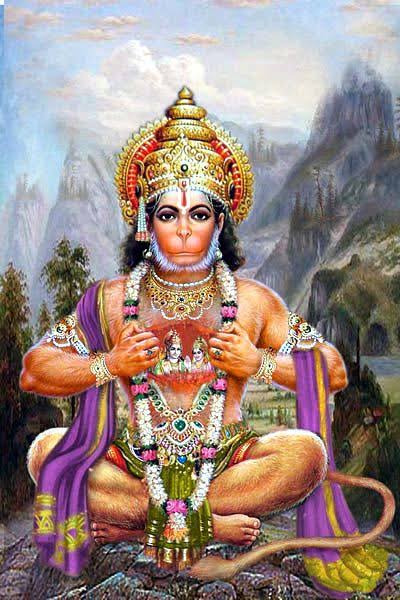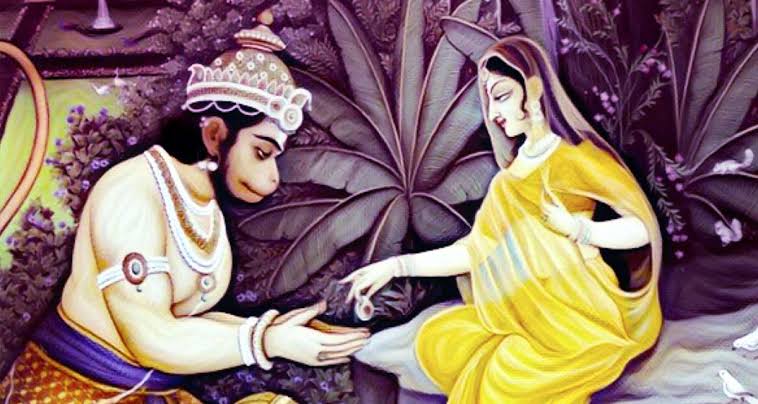The closing keynote from @davidjalmond at @The_UKLA Writing for Pleasure conference was just so wonderful. I feel like i'm going to explode with inspiration and excitement. I was too hooked to tweet at the time but some key thoughts that stood out to me...
More from Writing
In 2013, I woke up and said, "I want to write a book about Pokémon."
In 2017, I finally wrote it.
In 2019, thanks to the fine folks at @DelReyBooks, you'll all get to read it.
I'm pleased to announce my epic fantasy debut. Formerly: "Fullmetal Pokémist." Now:
STEEL CROW SAGA.

Seriously, everyone, I can't tell you how thrilled I am to share this one with you. The world is far-flung and weird, and the characters live lives so far removed from mine, but STEEL CROW SAGA is honestly the most personal and autobiographical thing I've ever written
Yeah, I guess I should address that early. STEEL CROW SAGA is not a trilogy. This is a standalone book. I left doors open for someday, but my plan right now is for each of these three books to be its own
Last thing I'll say here: I couldn't have asked for a better team than @DelReyBooks to work with--particularly @tnarwani, who just Gets this book. In our call, she casually cited a semi-obscure Korean movie from ten years ago, unaware it'd been a key influence. That's when I knew
Anyway. Plenty more to tease in the coming year. Thanks again to my friends who got me through it, and especially to @dongwon who saw this weird Toonami regurgitation and immediately believed in it. Today is my triumph, but it's also theirs.
In 2017, I finally wrote it.
In 2019, thanks to the fine folks at @DelReyBooks, you'll all get to read it.
I'm pleased to announce my epic fantasy debut. Formerly: "Fullmetal Pokémist." Now:
STEEL CROW SAGA.

Seriously, everyone, I can't tell you how thrilled I am to share this one with you. The world is far-flung and weird, and the characters live lives so far removed from mine, but STEEL CROW SAGA is honestly the most personal and autobiographical thing I've ever written
Yeah, I guess I should address that early. STEEL CROW SAGA is not a trilogy. This is a standalone book. I left doors open for someday, but my plan right now is for each of these three books to be its own
holy crappppppp i see A THREE BOOK DEAL hidden in there too!!!!!!!!
— do i dare to eat a \U0001f351 (@NicasioSilang) October 31, 2018
Last thing I'll say here: I couldn't have asked for a better team than @DelReyBooks to work with--particularly @tnarwani, who just Gets this book. In our call, she casually cited a semi-obscure Korean movie from ten years ago, unaware it'd been a key influence. That's when I knew
Anyway. Plenty more to tease in the coming year. Thanks again to my friends who got me through it, and especially to @dongwon who saw this weird Toonami regurgitation and immediately believed in it. Today is my triumph, but it's also theirs.















